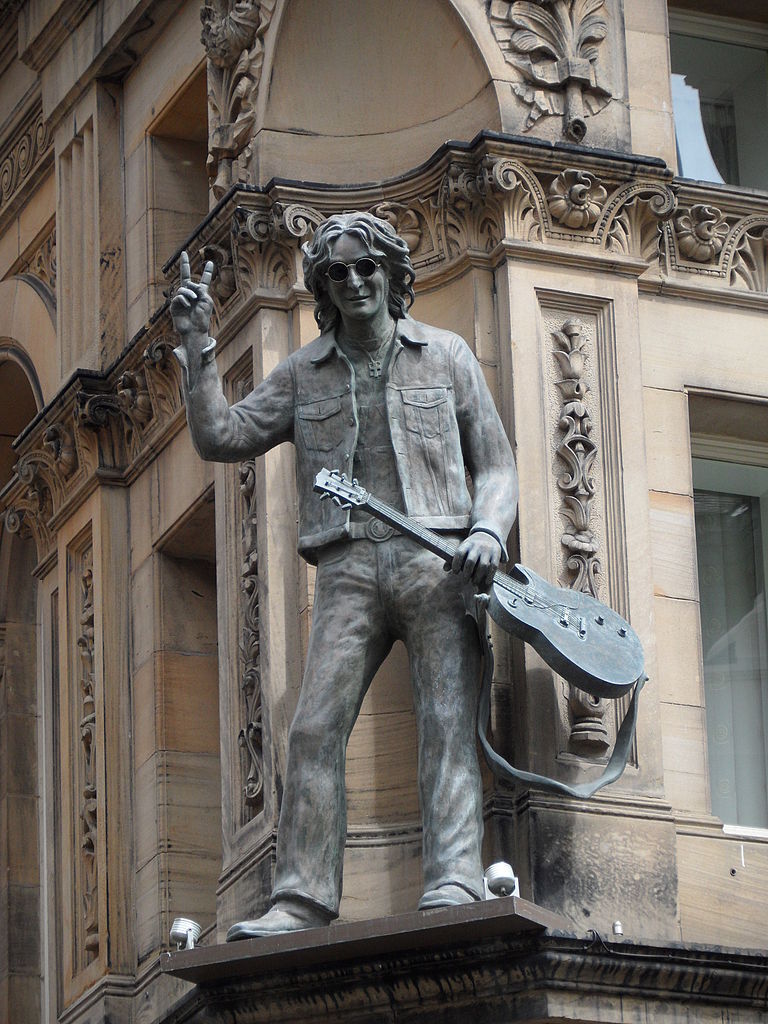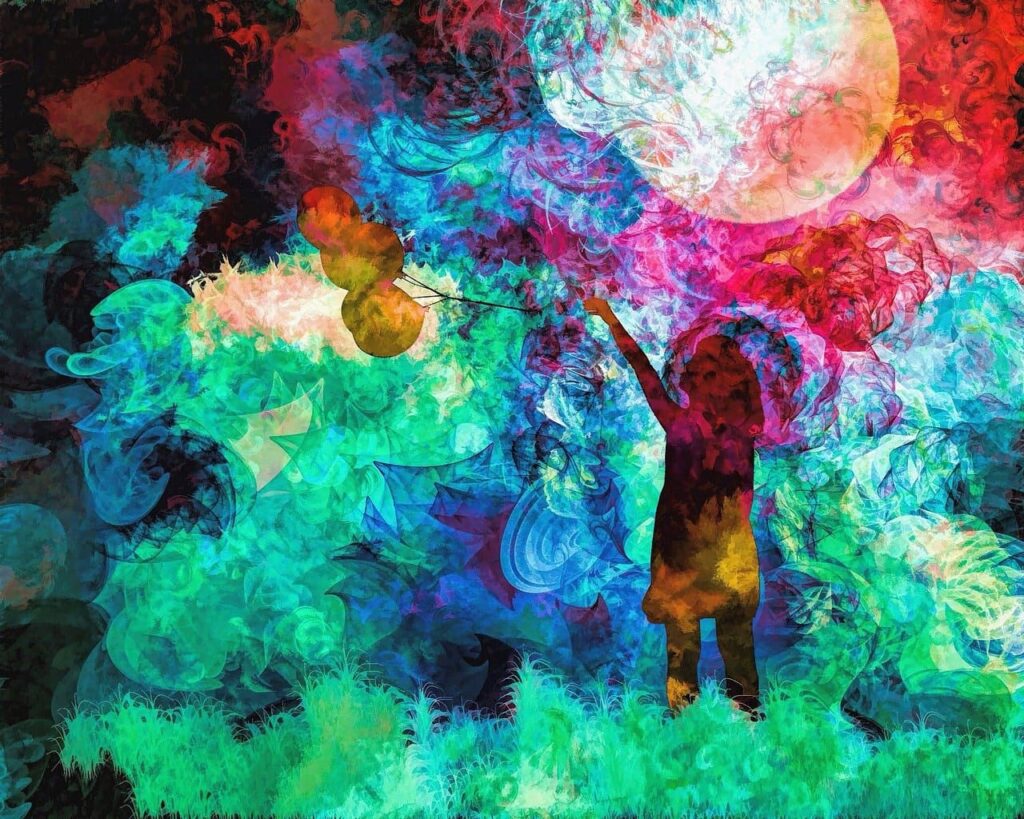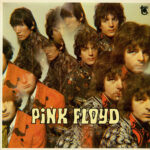Music has always been a crucial component of human society, spanning national boundaries and bringing people from different backgrounds together. Beyond merely providing amusement, music has the power to profoundly influence society for the better, creating a lasting impression on both individuals and communities. Let’s examine the transforming power of music and look at some amazing examples of how it has influenced communities throughout history, from promoting social change and mental well-being to creating togetherness and cultural expression.
Contents
The Power of Music to Unite and Foster Cultural Expression
The ability of music to unite people, regardless of their backgrounds or beliefs, is one of its most amazing qualities. It acts as a universal language that cuts across linguistic and cultural boundaries and fosters a sense of community that resonates strongly with our spirits. Music has the amazing power to bring various groups together, generating a sense of belonging and unity, whether it is through a joyful celebration, a solemn ceremony, or a lively street performance.
Music as a Catalyst for Social Change and Activism
Music can work as a catalyst for activism and social change. Artists have always utilized their voices to bring attention to societal problems and spur change. Legendary musicians like Bob Marley and John Lennon used their music to promote equality, love, and peace while transcending their own genres and connecting with millions of listeners around the world. Their songs, including “Imagine” and “Redemption Song,” have inspired generations and serve as a reminder of the power of music to inspire change.

Think about the significant impact music had on the American Civil Rights Movement. Artists like Nina Simone, Bob Dylan, and Sam Cooke used their music to spread powerful messages of justice and equality during the 1960s. As anthems of optimism, songs like “A Change Is Gonna Come” and “Blowin’ in the Wind” inspired people from all walks of life to fight for a more inclusive society. These artistic expressions among underprivileged people not only increased awareness but also sparked a sense of empowerment, resulting in substantial social advancement.
Additionally, music is essential in fostering cultural expression and maintaining cultural history. Folk songs and traditional music transmit a society’s values, stories, and customs from generation to generation. Communities can maintain a sense of identity and pride in their cultural history by preserving and renewing these musical traditions. For instance, the resurgence of Celtic music in Ireland and the use of bagpipe songs in Scotland not only preserve old customs but also strengthen the sense of history and community among the populace.
The Healing Power of Music and its Impact on Emotional Well-being
Music is a fantastic tool for establishing harmony and cultural expression, as well as for healing and enhancing emotional wellbeing. Music can ease anxiety, raise mood, and reduce stress, according to scientific research. People who suffer from PTSD, dementia, and other mental health issues, as well as depression, have greatly benefited from music therapy. Music therapists provide clients with a secure and encouraging environment in which they can express themselves and find comfort in the therapeutic benefits of music through the careful selection of melodies, rhythms, and harmonies.
Music Education: Nurturing Creativity and Promoting Social Integration

Furthermore, by developing creativity, critical thinking, and social integration, music education programs have a significant positive impact on society. Research repeatedly demonstrates that students who participate in music education tend to do better in school, have excellent cooperation skills, and have more empathy for others. Societies can foster a generation of well-rounded individuals while simultaneously fostering a more tolerant and peaceful society where the arts may flourish by investing in music education.
In conclusion, music has the extraordinary ability to have a significant and constructive impact on society. People come together, cultural legacy is preserved, emotional scars are healed, social change is sparked, and education is improved. Music has a transformational power that has been demonstrated throughout history and in many cultures, from the songs of the Civil Rights Movement to the therapeutic melodies used in music therapy. Let us acknowledge the important role that music plays in influencing change, encouraging harmony and inclusivity in the world community, and celebrating and embracing the various melodies of our world.














